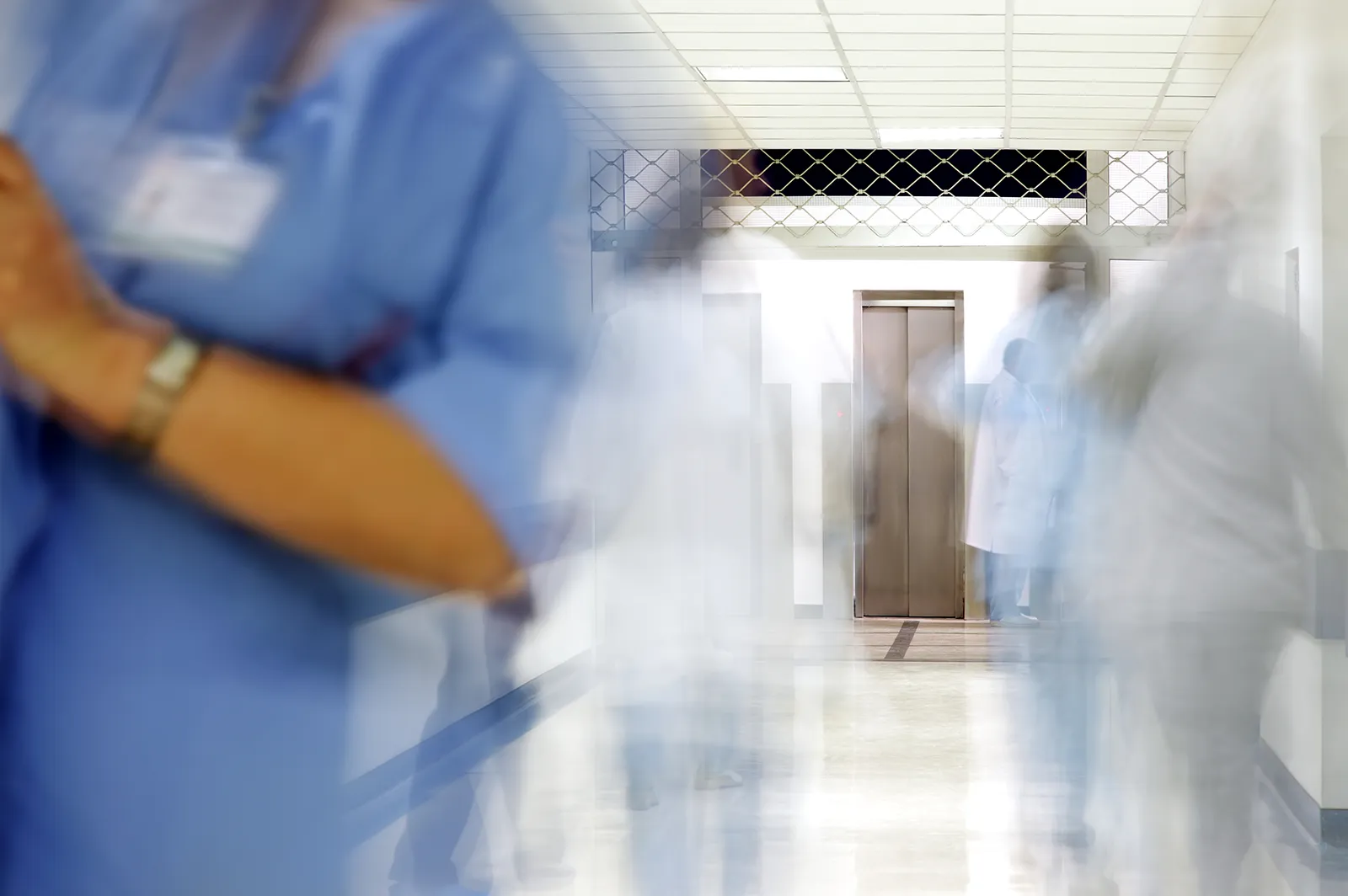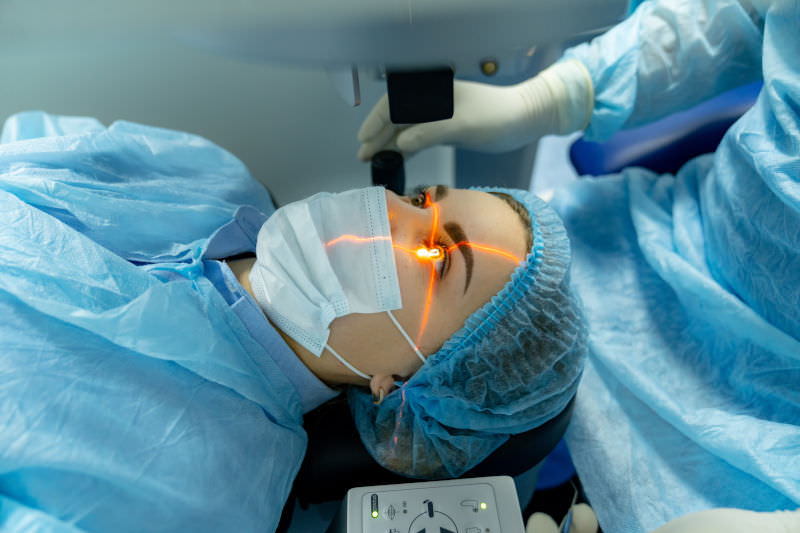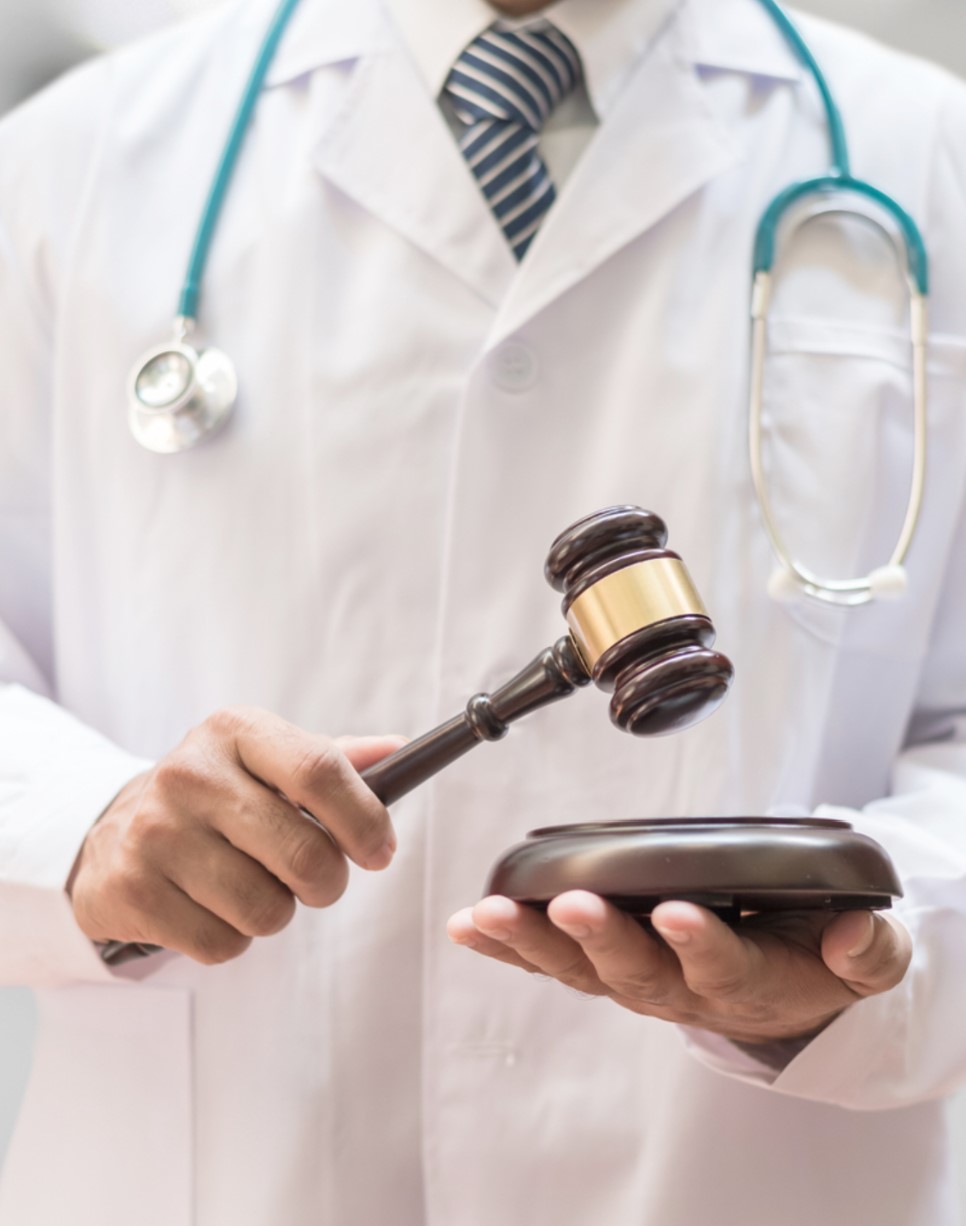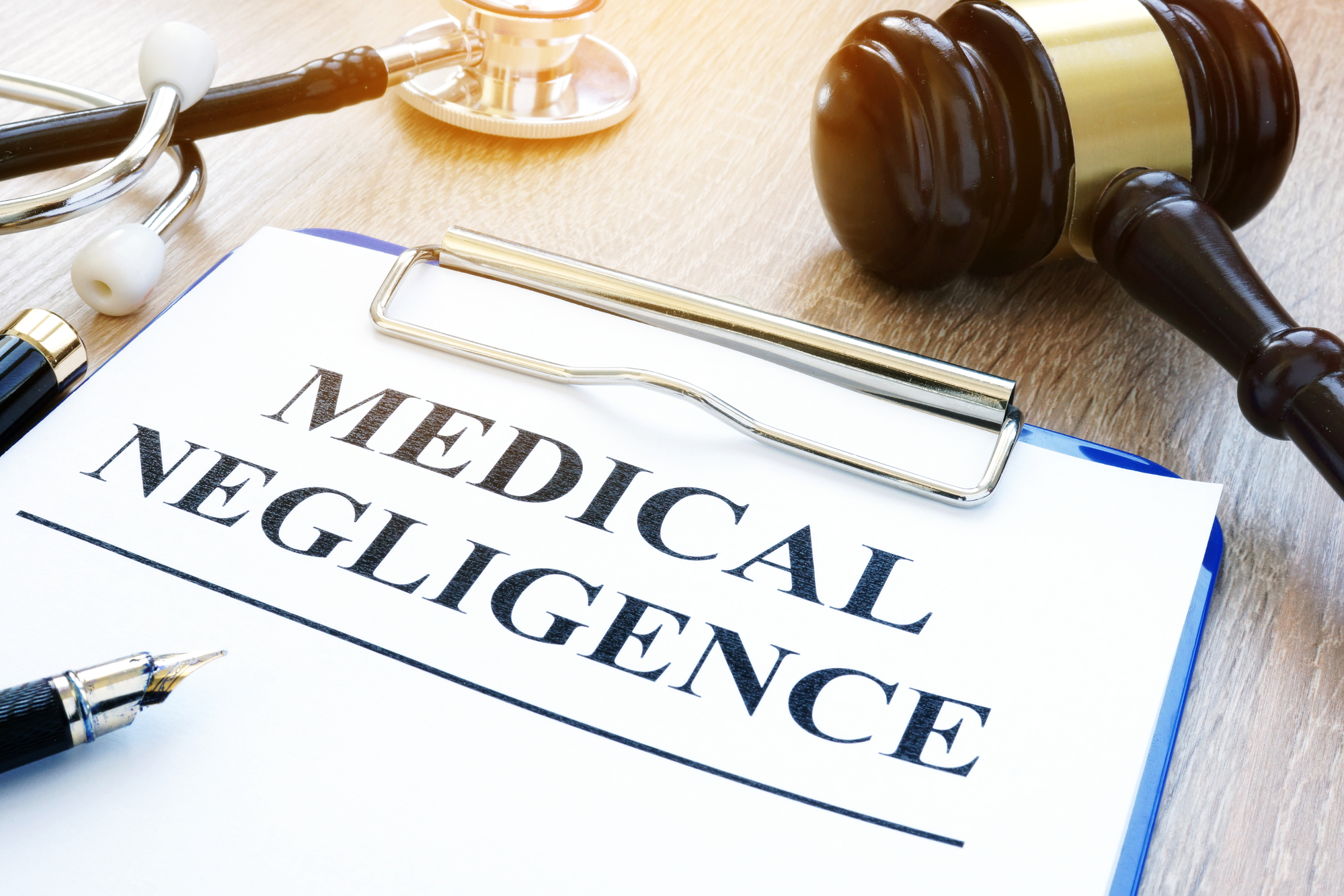‘Never Events’ is a term used by the NHS, connected with patient care and clinical negligence. A Never Event is defined as a ‘serious, largely preventable, patient safety incident’ that should never be allowed to happen.
Examples of Never Events include:
- Surgery on the wrong site of the body
- Leaving a foreign object in a patient post-procedure
- Using a wrong implant or prosthesis
- Unintentional connection of a patient to an air flowmeter instead of oxygen
- Misplacing a naso- or orogastric tube
- Falls resulting in serious injury
- Some medication errors
A full list of the 15 types of Never Events was published in 2018 and then revised in 2021.
The idea behind Never Events is that these events are reported by NHS Trusts to NHS England so that organisations can learn from their occurrence and, by identifying and addressing the reasons behind them, improve safety for patients.
How many Never Events happen every year?
NHS England has just published provisional data for Never Events occurring between 1 April 2022 and 31 March 2023, as reported by healthcare providers.
These figures – and the figures from previous years – show an interesting picture of the numbers and kinds of Never Events happening across the country.
Because the parameters of Never Events changed in 2018, it makes it difficult to compare more recent annual totals with those recorded before the change took place. But for these recent years, the annual totals are shown in the table below:
| Period | Total Reported Never Events |
| 2018 – 2019 | 496 |
| 2019 – 2020 | 472 |
| 2020 – 2021 | 364 |
| 2021 – 2022 | 407 |
| 2022 – 2023 | 384 |
The numbers appear to indicate a general downward trend, which is good news, but they still show significant numbers for situations which should never occur.
Which Never Events happen most often?
The NHS England data also breaks down the different kinds of Never Event which were reported, showing the kinds of incident which occur most frequently.
The largest category of Never Event is wrong site surgery with between 142 and 226 such events occurring each year (during the periods covered in the table above). The most frequently occurring examples of this being: administering a nerve block at the wrong site on the body, the wrong skin lesion being removed, and removal of the wrong tooth.
‘Retained foreign objects’ is the next largest category with the most common objects being surgical and vaginal swabs. In the periods covered above, between 80 and 104 were reported annually.
It is clear then that the Never Events which relate to surgical errors are by far the most commonly occurring.
How tracking Never Events is helpful
In response to the reporting of Never Events, the NHS set up the National Patient Safety Alert Committee. Its remit is to communicate safety alerts to healthcare providers and to assist them with implementing required actions to improve patient safety.
The Care Quality Commission and NHS Improvement have also recommended that NHS Improvement work with professional regulators to look at the different types of errors which contribute to Never Events occurring. These include errors caused by: human interactions, use of checklists, counts, sign-in processes, and equipment. They have also recommended that healthcare organisations look at their systems for implementing safety alerts so that they are effectively adopted as quickly as possible.
It is hoped that these measures will allow NHS healthcare providers to learn from the problems reported by others within the organisation, to increase patient safety and avoid the occurrence of Never Events or other incidents of clinical negligence.
Watch our video: What are Never Events?
What if I have suffered a Never Event?
While Never Events should never happen when healthcare providers follow recommended safety guidance, there is no escaping the fact that they continue to occur across the country.
If you do discover that you have suffered a Never Event, you may be able to pursue a claim for compensation.
This doesn’t need to have happened in NHS care either. Although it is the NHS which uses the term Never Event, if you have been harmed through an equivalent situation due to sub-standard care received in a non-NHS setting, it will likely give you strong grounds to make a clinical negligence claim for compensation.
At Truth Legal, we are experienced at pursuing these claims and have assisted many clients in the past to recover compensation for the pain and suffering they have endured.
Further Reading
From one of the UK’s most read legal blogs.









